In January 2015, the New Zealand Astrobiology Initiative (NZAI) organised an engaging, 6-day expedition for Kiwi educators and researchers, introducing them to the wonders of the Taupo Volcanic Zone in the central North Island. Partnering with NASA and incorporating speakers from all around the globe, Spaceward Bound New Zealand 2015 exposed its 50 participants to astrobiology research through a series of hands-on field trips and promoted New Zealand as a world-class site for astrobiology research.
New Zealand features some of the best sites in the world to study astrobiology-related extreme environments. The geographical setup, dynamic and active geological setting, and the science capability of New Zealand support the study of astrobiology. Within its Taupo Volcanic Zone, New Zealand has unique extremophiles in the hot springs, and recent and current explosive volcanism. Other regions in the country include access to the K-Pg Boundary (Marlborough Region) and the Dry Valleys of Antarctica. New Zealand is also a world-leader in biosecurity (essential to planetary protection) and has a rich cultural heritage derived from exploration, as Polynesians and Europeans arrived here guided by the stars. New Zealand’s scientists encompass most of the required fields in astrobiology: microbiology, ecology, biosecurity, physics, astronomy, radio astronomy and geology. This represents an accessible yet rich knowledge base of local expertise.
Synopsis: Spaceward Bound New Zealand consisted of 6 days of field trips, talks and keynote presentations by New Zealand university staff and graduate students and NASA scientists. It included inquiry-based field work, supported by local universities and experts from both within New Zealand and international organizations. Fifty scientists, educators, teachers and students attended Spaceward Bound New Zealand 2015. Visitors and locals also participated in various activities at the headquarters and at field sites at geothermal locations, the Tongariro volcanic crossing and the active volcano at White Island. A public event using a drone and rover attracted about 200 people and was held in Rotorua, a present-day geothermal field upon which a modern city has been built.
Deliverables: The expedition, besides being an excellent networking opportunity, promoted New Zealand as a significant astrobiology field research location, supporting the development of the New Zealand secondary schools education curriculum, but also encouraging university-level uptake of science related to astrobiology. Although astrobiology-related knowledge is taught in places as part of the Earth and Space Sciences Secondary Curriculum, until Spaceward Bound New Zealand 2015, there had been no national effort to integrate this field at educational and scientific research levels.
The site of the expedition can be found at http://spacewardbound.astrobiology.kiwi
Click here to access the full report from SBNZ 2015.
